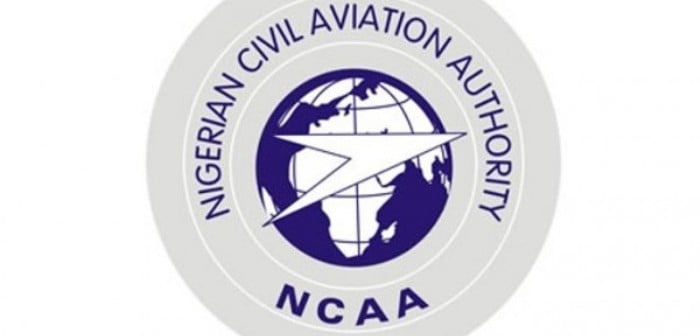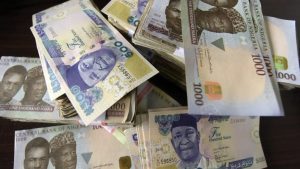
The Nigeria Civil Aviation Authority has announced plans to introduce a new $11.50 levy on all international air tickets for inbound and outbound passengers beginning December 1, 2025 a move projected to generate nearly $1 billion over the next two decades but already sparking backlash from airlines and industry stakeholders.
Classified as a security fee, the new charge known as the Advance Passenger Information System (APIS) levy will be added to the existing $20 security charge, bringing total security-related ticket fees to $31.50 per passenger.
According to a memo signed by the NCAA Director-General, Capt. Chris Najomo, the fee will be automatically deducted at the point of ticket sale and remitted by airlines to the NCAA. The agency said the levy is aimed at strengthening aviation security and enhancing passenger data management in line with international best practices.
“The APIS charge applies to all tickets issued for travel to and from Nigeria,” the memo stated. “The charge of $11.50 per passenger will be collected at the point of sale and remitted by the lifting airline to the NCAA.”
With over 4.3 million international passengers recorded in 2024 a 6.5 per cent increase from the previous year the levy could yield about $49.45 million annually, bringing total projected revenue to roughly $989 million (₦1.46 trillion) over 20 years at the current exchange rate of ₦1,480 to the dollar.
However, the plan has drawn criticism from aviation operators and industry experts, who warn that the new charge will worsen Nigeria’s already high air travel costs and discourage international traffic.
President of the Aircraft Owners and Pilots Association of Nigeria, Alex Nwuba, described the levy as “another blow to travellers and Nigeria’s already burdened aviation sector.” While acknowledging that APIS is a globally recognised border security system, Nwuba said most countries absorb its cost rather than passing it on to passengers.
“This new fee comes at a time when Nigerian travellers already pay some of the highest cumulative ticket charges in the world,” he said. “Adding the APIS fee makes flying even more prohibitive, especially for families, students, and business travellers.”
Similarly, President of the Association of Foreign Airlines Representatives in Nigeria, Kingsley Nwokeoma, criticised the 20-year duration of the levy, calling it “an unnecessary and excessive burden.”
“The APIS initiative is welcome, but must it come with charges? Travellers already complain about high ticket costs in Nigeria compared to neighbouring countries,” he said, urging the government to review the policy to avoid discouraging tourism and investment.
Veteran aviation expert Capt. John Ojikutu questioned the need for an additional security charge. “Security is security. What’s the difference between this new $11.50 and the $20 already being collected?” he asked. “If the NCAA insists on this, Nigerian carriers like Air Peace may face reciprocal fees abroad.”
Retired pilot Capt. Muhammed Badamosi added that airlines might seek legal redress if the NCAA fails to justify the levy. “There must be transparency. If the NCAA cannot defend this charge, stakeholders should seek redress before the National Assembly,” he warned.
Secretary-General of the Aviation Roundtable, Olumide Ohunayo, called for the suspension of the new levy, warning that it could drive passengers to neighbouring airports offering cheaper fares. “We shouldn’t tax ourselves out of the market,” he said. “The APIS system isn’t new improving it shouldn’t mean burdening travellers further.”
As of press time, efforts to reach NCAA spokesperson Michael Achimugu and Director-General Capt. Chris Najomo for comment were unsuccessful.

